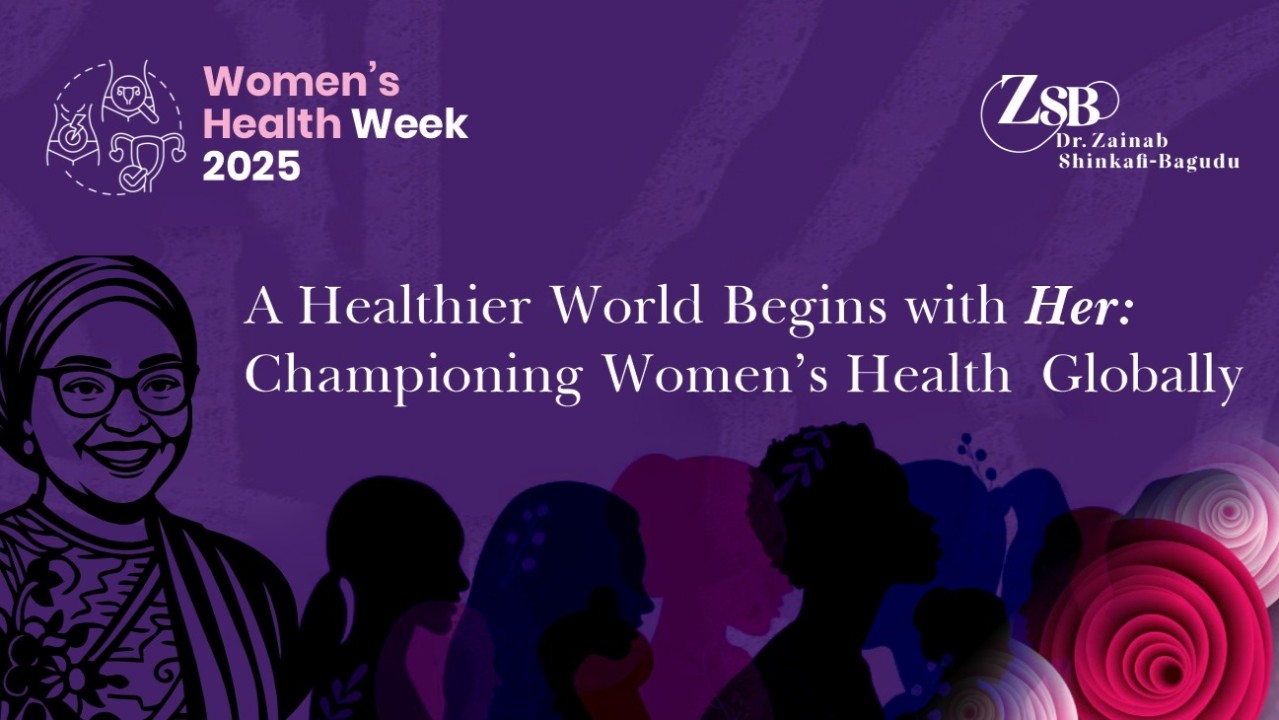Zainab Shinkafi-Bagudu, UICC President-Elect of 2024-2026, shared a post on LinkedIn:
“Women’s health is central to the well-being of families, communities, and economies. Across the globe, women continue to face preventable health challenges, inequitable access to care, and under-representation in decision-making spaces.
Women must be at the center of healthcare design not just as patients, but as policymakers, researchers, and leaders.
Read the full article to be a part of the movement to improve women’s health, not just in Nigeria, but globally.
Women’s Health Week: A Time to Prioritize, Invest, and Act
A Healthier World Begins with Her: Championing Women’s Health Globally
Over the last 30 years, my career has diversified from being primarily a Paediatrician, to cancer advocacy. I wear many hats around this work that demand my attention. It has been hectic but impactful. After I was elected President-Elect of UICC last year, many people have asked me, what next?
I think it’s clear that most of my work bears one commonality: ‘Women’s Health’.
Thus, I will focus more on those roles that enable me to continue to impact on women with or without cancer. I am blessed by an efficient team that continues to drive this work forward.
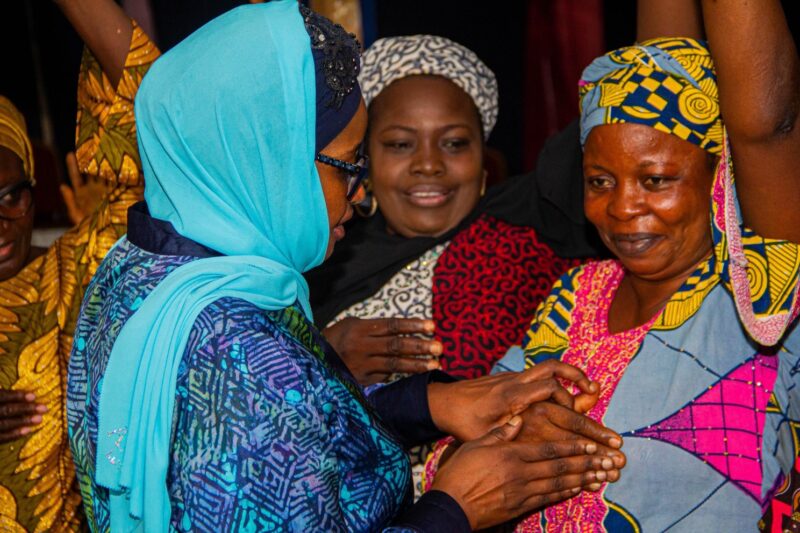 Breast Cancer Awareness at LifeCamp, Abuja
Breast Cancer Awareness at LifeCamp, Abuja
As we mark Women’s Health Week, I am grateful for roles I have that make it possible to impact women’s health. I am privileged to be a Grandmother, Senior Adviser to Nigeria’s Minister of Health, UICC President-Elect, Global Ambassador for World Ovarian Cancer Coalition, Vice Chair of the National Task Force for Cervical Cancer Elimination, Chairperson of First Ladies Against Cancer, African Breast Cancer Council Member, and a World Economic Forum Champion for Women’s Health.
This week is set aside to raise awareness on women’s health and to call for global action.
Women’s health is central to the well-being of families, communities, and economies.
Across the globe, women continue to face preventable health challenges, inequitable access to care, and under-representation in decision-making spaces.
Indeed, women comprise over 70% of the global health and social care workforce, yet remain vastly under-represented in leadership roles, holding only 25% of senior roles in global health organizations. One woman dies every two minutes from cervical cancer, a disease that is almost entirely preventable. Each year, over 342,000 women die from cervical cancer globally, with 90% of these deaths occurring in low- and middle-income countries (LMICs).
In countries like mine —Nigeria, women often receive a cancer diagnosis at advanced stages due to multiple factors. Some are self-influenced, while others arise from a weak health system and poverty.
Nigeria accounts for approximately 12,000 new cervical cancer cases and 8,000 deaths annually, making it the second most common cancer among women in the country.
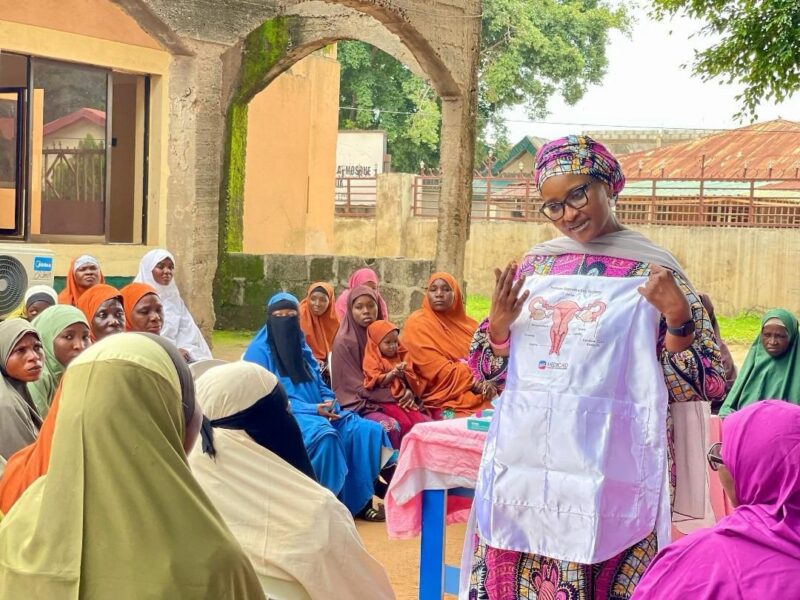 Cervical Cancer Awareness at Kuje
Cervical Cancer Awareness at Kuje
Through the Medicaid Cancer Foundation, I am able to work in rural communities. Our findings and experiences influence how we advocate nationally and internationally for women’s health. Along with other members, the African Breast Cancer Council is an example of collaboration to effect change. We’ve also championed HPV vaccination and community-level advocacy to combat stigma and misinformation.
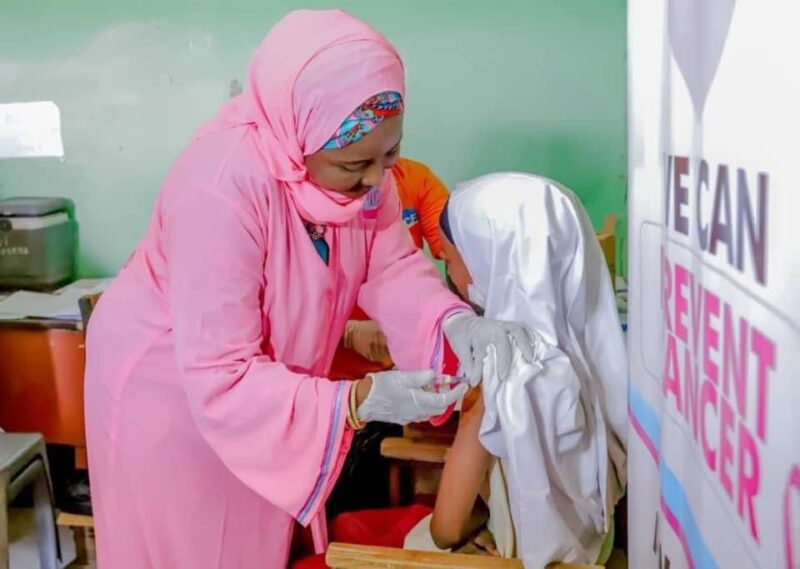 HPV Vaccination Program in Kebbi
HPV Vaccination Program in Kebbi
This coming month is going to be an exciting one for Women’s Health:
- The launch of Nigeria’s Cervical Cancer Partnership
- The First Ladies Night of Hope marking 10 years of impact
- The Inaugural Cancer Planners Forum by UICC
- The 2nd Cervical Cancer Elimination Forum
- A Champions meeting of the World Health Assembly at the WEF Annual Health Roundtable
These upcoming engagements reflect the growing momentum for women’s health globally.
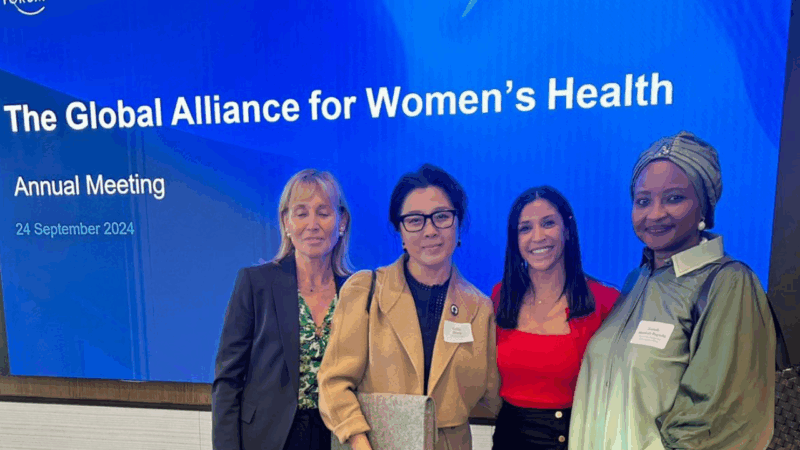
The Cancer Planners Forum, is a critical platform that brings together stakeholders to align on National Cancer Control strategies. It demonstrates our collective commitment to ensuring cancer services are data-driven, patient-centered, and sustainably funded. Nigeria currently faces a national cancer burden of over 125,000 new cases annually, with a projected increase of 75% by 2040 if urgent interventions are not implemented.
Only one in five cancer patients in Nigeria have access to treatment in a timely manner, largely due to gaps in coordination, funding, and infrastructure.
This Forum addresses these systemic issues by promoting collaboration and policy alignment.
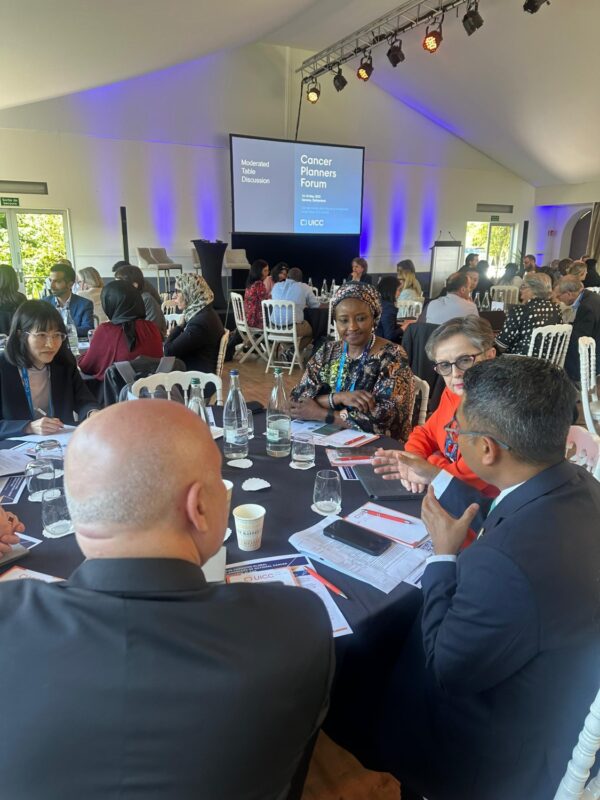
Cancer Planners Forum
Second is the launch of an innovative multi stakeholder Partnership for Cervical Cancer Elimination.
This initiative marks a pivotal step toward the elimination of Cervical Cancer. Laudably, Nigeria’s First Lady, Her Excellency, Senator Oluremi Tinubu, has shown remarkable leadership and political will in making this a national priority. Her attention has helped place women’s health firmly on the policy agenda, reinforced by a ₦1 billion (approximately $625,000) contribution to the National Cancer Fund.
 Partnership for Cervical Cancer Elimination
Partnership for Cervical Cancer Elimination
This investment underscores a growing global commitment to addressing one of the most pressing women’s health challenges. It signals real momentum for change and renewed hope for the elimination of cervical cancer.
As a WEF Champion, I will continue to amplify the need for gender-sensitive health systems. Women must be at the center of healthcare design not just as patients, but as policymakers, researchers, and leaders. We need gender dis-aggregated data, policies that reflect the specific needs of women and girls, and targeted investments that scale what works.
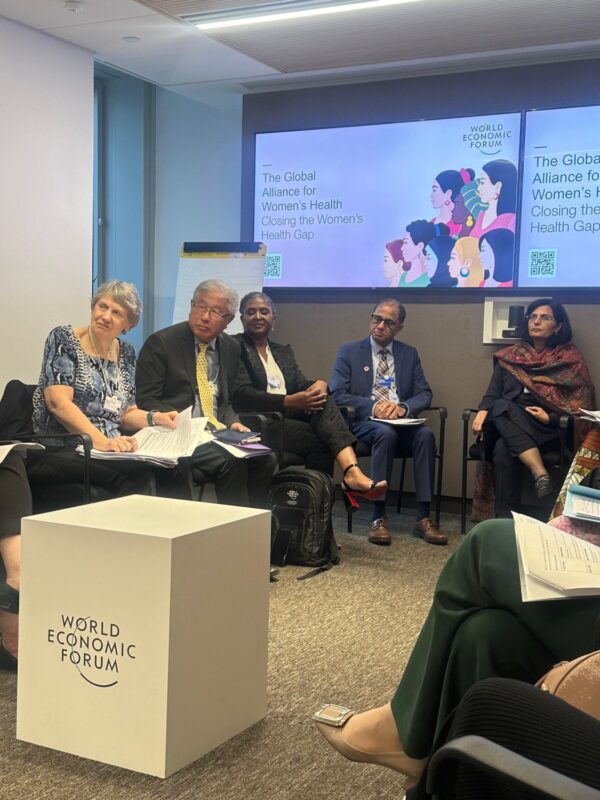
World Economic Forum
Globally, maternal mortality remains unacceptably high, with over 800 women dying each day from preventable health related issues, and 94% of these deaths occur mostly in LMICs.
Call to Action
This Women’s Health Week, I call on governments, global health partners, and private sector actors to make bold commitments to:
- Expand access to primary healthcare services tailored for women across all life stages.
- Integrate cancer screening and prevention, including HPV vaccination, into national health plans.
- Address maternal mortality, which still claims the lives of over 800 women every day, mostly from preventable causes.
- Gather data that will enable evidence driven policies
- Prioritize mental health, sexual and reproductive health, and non-communicable disease prevention in all women’s health agendas.
Finally, we must remember in our National planning that, Health is not a privilege—it is a fundamental right for all. For too long, women’s health has been overlooked, underfunded, and underserved.
Let this week be a turning point. Because when we invest in women’s health, we are investing in a more resilient, and equitable world for everyone.
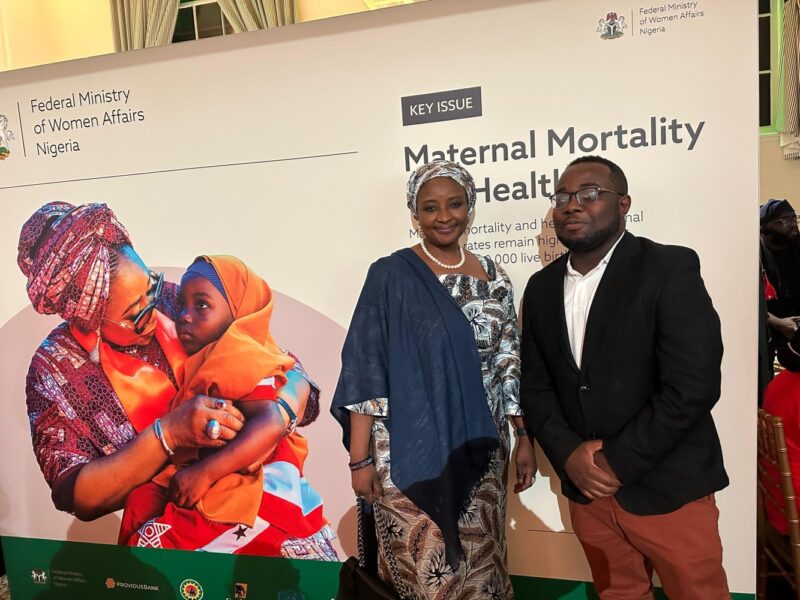
More posts featuring Zainab Shinkafi-Bagudu.


